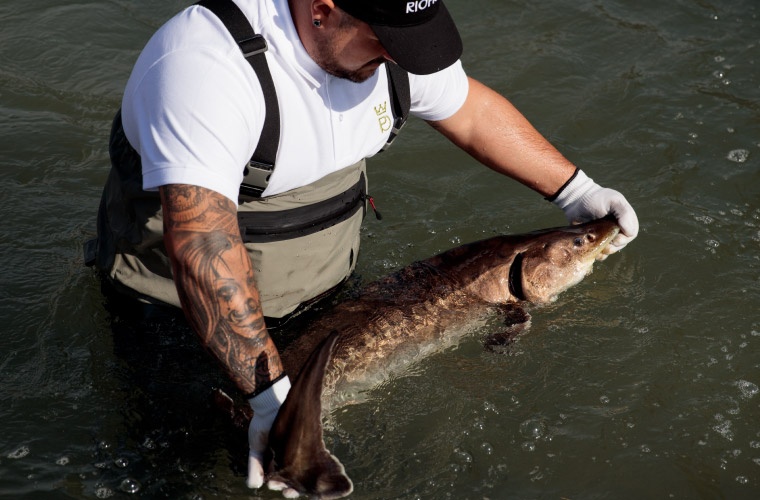
The Aquaculture Advisory Council has called on the European Commission to simplify and adapt the CITES regulation, which were introduced in 1997, to the sturgeon and caviar section in the European Union. The reason behind this is that almost 100 per cent of the EU-origin sturgeon and caviar currently on the market are aquaculture products.
The Council argues that the regulations on the trade in endangered species, which essential, must evolve to reflect this significant change in production that has occurred since 1997, adapting to the reality of modern aquaculture.
EU sturgeon farmers - with Italian leading – are among the major global players in the industry, with 14 countries involved in the farming of 10 different sturgeon species, and their contribution accounts for an estimated 40 per cent share of world caviar production.
The EU already implements strict regulations requiring the traceability of sturgeons, designed to ensure quality and sustainability “from egg to egg”. However, despite these internal measures, CITES procedures impose administrative burdens on extra-EU trade.
Among its recommendations to the European Commission and Member States, the Aquaculture Advisory Council is calling for simplification and annual renewable licences for entities listed under CITES. This would allow, they state, trade between producers and processors/repackers through simple declarations, thereby reducing delivery times.
The European Commission is also called upon to initiate a dialogue with CITES to update the approach towards farmed sturgeons, recognizing that not all third countries may be at the same level of legislative monitoring as EU Member States.
A minority opinion in the recommendation, presented by a representative from animal welfare interest group, noted that any facilitation of trade in sturgeon products should be linked to improvements in the welfare and living conditions of farmed sturgeons, a factor that must also be considered in decision-making.


